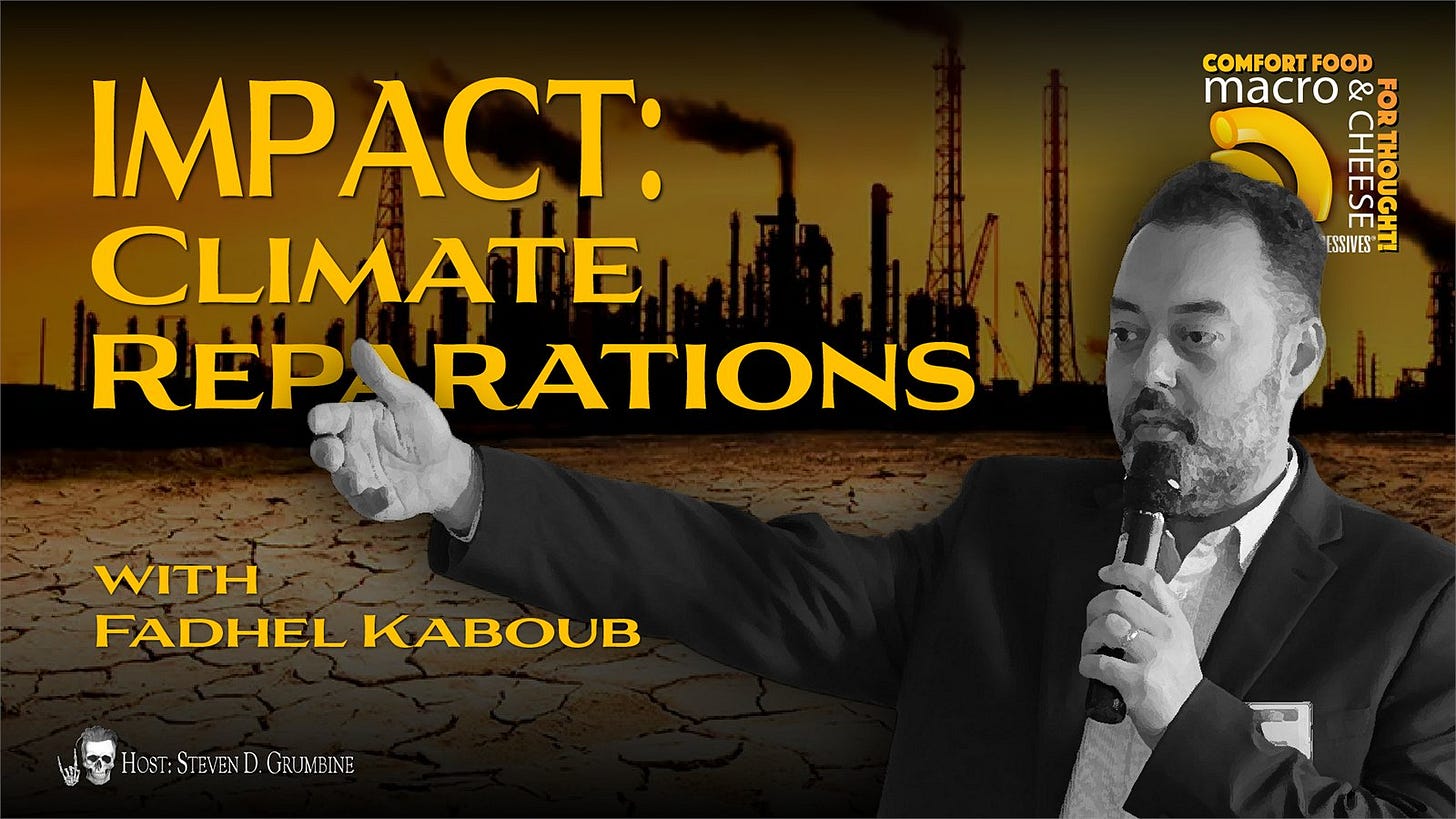Good afternoon from Nairobi!
The fact that it took 28 COPs to finally name fossil fuels as the root cause of climate change is sobering. And the fact the we ended up with the weakest possible language of "transitioning away from fossil fuels" while most rich countries plan to spend billions of dollars building new fossil fuel infrastructure, and avoiding the responsibility to finance a just transition for developing countries is the ultimate demonstration of Global North hypocrisy. The major loophole one can sail an LNG carrier through is the language around "unabated" fossil fuels, which relies on unproven and expensive technologies of carbon capture and sequestration (CCS) and carbon dioxide removal (CDR) that are designed to extend the life of the fossil fuel industry.
It’s worth mentioning that 2,400 fossil fuel lobbyist made it to COP28, that is four times the number from COP27. They are scared! The industry’s days are numbered. They are out of ideas. When the fossil fuel industry is faced with scientific, economic, ethical, and civil society pressures of the kind that we see today, they are left with very few options other than pushing false solutions and dangerous distractions like carbon offsets (aka pollution permits). I discussed this in my recent Talk Africa interview on CGTN Africa.
Tripling the deployment of renewable energy infrastructure by 2030 should not be celebrated as a COP28 achievement. These are investments that are inevitably going to take place because they represent the winning technologies of the future, with or without COP28. Purely on economic terms, renewables beat their fossil fuel competitors hands down. The Global North is taking credit for real progress that is going to happen with or without COP28. That being said, you must also read this excellent piece by Hamza Hamouchene in The New Internationalist “How Renewables Corporations are Exploiting the Global South."
The use of "net zero" language serves as a tranquilizing drug to avoid the scientifically-proven imperative of ending the fossil fuel era. This is like someone sitting on their hands and putting one foot in a bucket of ice and the other foot in a bucket of burning charcoal and thinking that "net zero" is a good survival strategy.
More countries need to join the 12 countries that have officially called for a Fossil Fuel Non-Proliferation Treaty including Colombia, a country that relies heavily on oil and coal exports. The Treaty is the mechanism through which we negotiate a fair, rapid, and financed just transition that actually ends the root cause of the climate crisis.
While COP28 succeeded in finally creating the Loss and Damage Fund, the amount of pledges did not even reach one billion dollars, far short of the minimum of $2.4 trillion needed by 2030. This signals the intention to rely heavily on predatory and dangerous financing tactics that amount to green-washed colonial debt traps for developing countries (Read my last post “Rich Countries are in Debt Default: COP28 traps and blind spots”).
Finally, I want to bring to your attention this Macro N Cheese podcast series hosted by my dear friend Steve Grumbine (Real Progressives). In this recent episode we discussed Climate Reparations (recorded before COP28). Take a listen and check out the entire podcast series as well.
Fadhel Kaboub is an associate professor of economics at Denison University (on leave), and the president of the Global Institute for Sustainable Prosperity. He is also a member of the Independent Expert Group on Just Transition and Development, and serves as senior advisor with Power Shift Africa. He has recently served as Under-Secretary-General for Financing for Development at the Organisation of Southern Cooperation in Addis Ababa, Ethiopia. Dr. Kaboub is an expert on designing public policies to enhance monetary and economic sovereignty in the Global South, build resilience, and promote equitable and sustainable prosperity. His recent work focuses on Just Transition, Climate Finance, and transforming the global trade, finance, and investment architecture. His most recent co-authored publication is Just Transition: A Climate, Energy, and Development Vision for Africa (May 2023, published by the Independent Expert Group on Just Transition and Development). He has held a number of research affiliations with the Levy Economics Institute (NY), the John F. Kennedy School of Government at Harvard University (MA), the Economic Research Forum (Cairo), Power Shift Africa (Nairobi), and the Center for Strategic Studies on the Maghreb (Tunis). He is currently based in Nairobi, Kenya and is working on climate finance and development policies in Africa. You can follow him on Twitter @FadhelKaboub and you can read his Global South Perspectives on substack where he blogs regularly.







